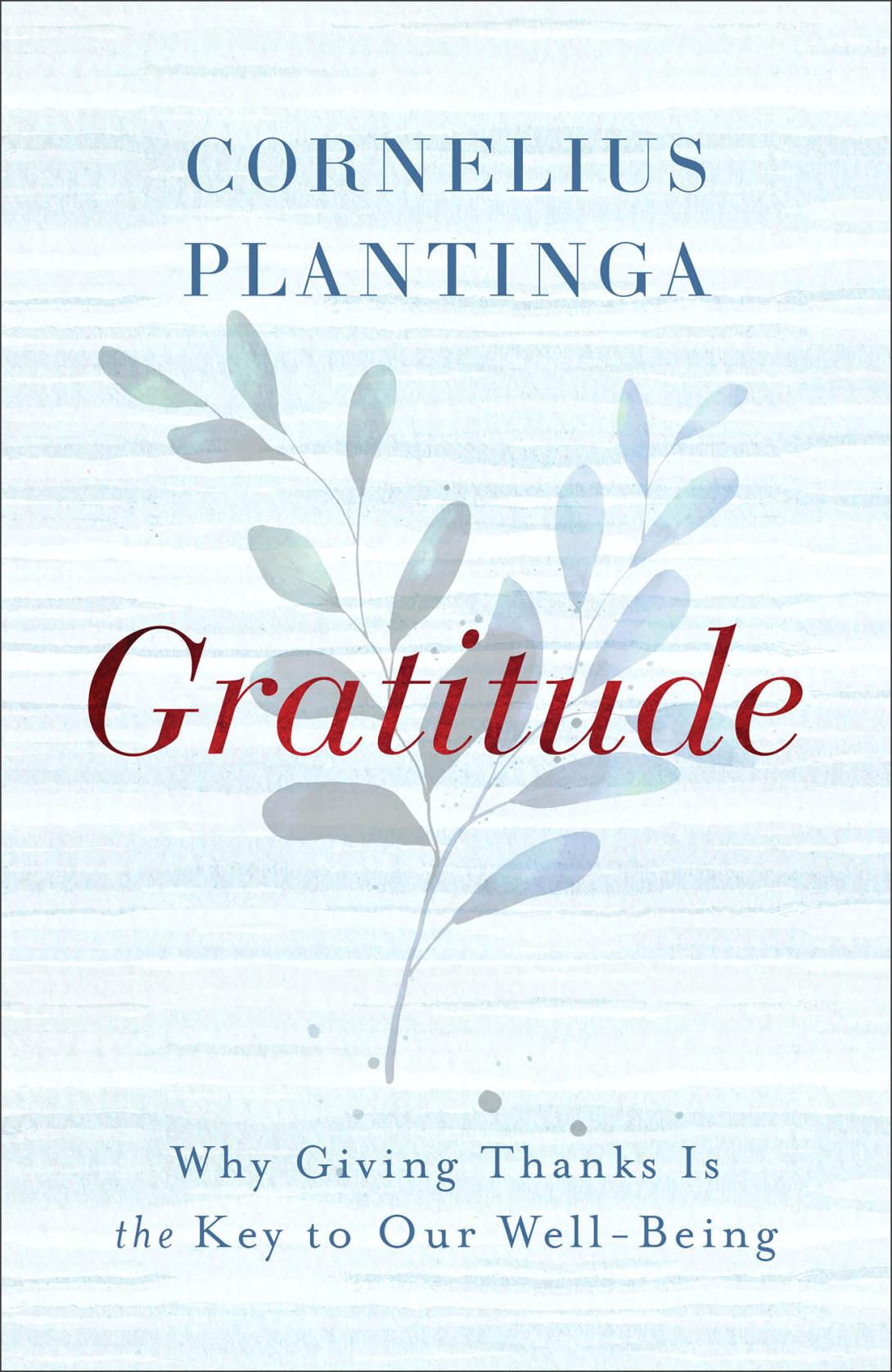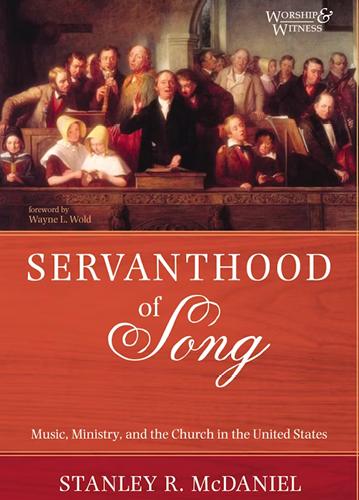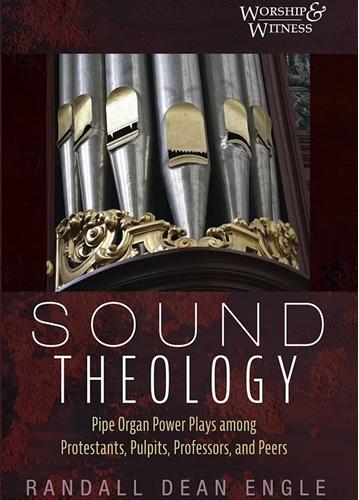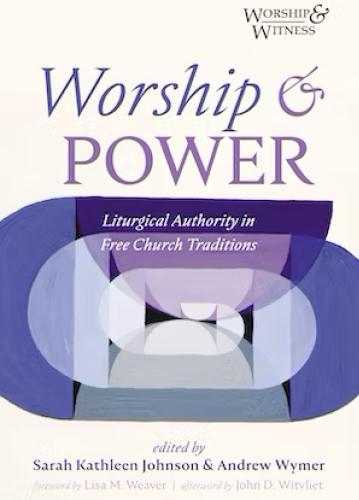Book Details
"Moral formation" and "character development" are popular buzzwords, but they are ineffective concepts without an understanding of what good character is and how to cultivate it. The traditional teachings on the "seven deadly sins," or capital vices, compiled by saints such as Augustine, Pope Gregory I, and Aquinas, offer a strong foundation for recognizing virtues to cultivate and vices to avoid.
Unfortunately, contemporary culture trivializes, psychologizes, or even dismisses the seven vices as if they have no serious moral or spiritual implications. Glittering Vices clears that misconception with a brief history of the vices and an informative chapter on each "deadly sin." Readers gain practical understanding of how the vices shape our culture and why gluttony, lust, sloth, and others are, in fact, incredibly destructive. Through this eye-opening book, readers will be able to correctly identify and eliminate the deeply rooted patterns of sin that are work in their lives.
Winsome and wise, Glittering Vices is intriguing for any reader interested in spiritual disciplines and character formation. Its rich content makes it useful in undergraduate and seminary ethics courses as well.
The first edition sold 35,000 copies and was a C. S. Lewis Book Prize award winner. Now updated and revised throughout, the second edition includes a new chapter on grace and growth through the spiritual disciplines. Questions for discussion and study are included at the end of each chapter.
Contents
1. Why Study the Vices?
2. Gifts from the Desert: The Origins and History of the Vices Tradition
3. Vainglory: Image Is Everything
4. Envy: Feeling Bitter When Others Have It Better
5. Sloth (Acedia): Resistance to the Demands of Love
6. Avarice: Possession and Mastery
7. Wrath: Holy Emotion or Hellish Passion?
8. Gluttony: Feeding Your Face and Starving Your Heart
9. Lust: Sexuality Stripped Down
10. The Rest of the Journey: Self-Examination, the Seven Capital Vices, and Spiritual Formation
Epilogue
Index
Recent Publications
Gratitude: Why Giving Thanks Is the Key to Our Well-Being
What is gratitude? Where does it come from? Why do we need it? How does it change us?
In Gratitude, award-winning author Cornelius Plantinga explores these questions and more. Celebrating the role of gratitude in our lives, Plantinga makes the case that it is the very key to understanding our relationships with one another, the world around us, and God.
Servanthood of Song: Music, Ministry, and the Church in the United States
'Servanthood of Song' is a history of American church music from the colonial era to the present. Its focus is on the institutional and societal pressures that have shaped church song and have led us directly to where we are today.
Sound Theology
This book surveys the liturgical soundscape during and after the Reformation with regard to the use of instruments in worship in general, and the (dis)use of the pipe organ specifically.
Gratitude: Why Giving Thanks Is the Key to Our Well-Being
What is gratitude? Where does it come from? Why do we need it? How does it change us?
In Gratitude, award-winning author Cornelius Plantinga explores these questions and more. Celebrating the role of gratitude in our lives, Plantinga makes the case that it is the very key to understanding our relationships with one another, the world around us, and God.
Servanthood of Song: Music, Ministry, and the Church in the United States
'Servanthood of Song' is a history of American church music from the colonial era to the present. Its focus is on the institutional and societal pressures that have shaped church song and have led us directly to where we are today.
Sound Theology
This book surveys the liturgical soundscape during and after the Reformation with regard to the use of instruments in worship in general, and the (dis)use of the pipe organ specifically.
Worship and Power: Liturgical Authority in Free Church Traditions
This edited volume models how dialogue among scholars and practitioners can promote worship practices that are faithful and just.




